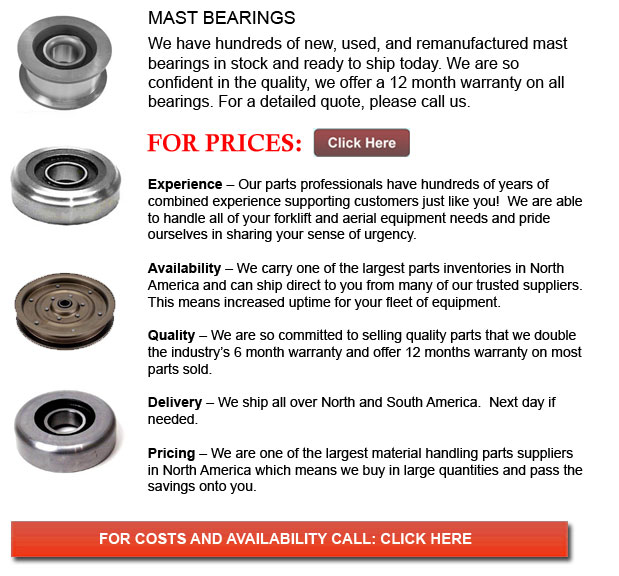
Mast Bearings - A bearing enables better motion among two or more components, usually in a linear or rotational sequence. They may be defined in correlation to the direction of applied loads the can take and in accordance to the nature of their utilization.
Plain bearings are often used in contact with rubbing surfaces, normally together with a lubricant like for instance graphite or oil too. Plain bearings can either be considered a discrete gadget or non discrete device. A plain bearing could comprise a planar surface which bears another, and in this particular situation would be defined as not a discrete gadget. It could have nothing more than the bearing exterior of a hole along with a shaft passing through it. A semi-discrete example would be a layer of bearing metal fused to the substrate, whereas in the form of a separable sleeve, it would be a discrete gadget. Maintaining the correct lubrication allows plain bearings to be able to provide acceptable friction and accuracy at the least expense.
There are other bearings that could help improve and develop efficiency, accuracy and reliability. In many uses, a more suitable and exact bearing could enhance operation speed, service intervals and weight size, therefore lessening the overall costs of using and purchasing equipment.
Bearings will differ in materials, shape, application and required lubrication. For example, a rolling-element bearing will make use of drums or spheres among the components in order to limit friction. Reduced friction provides tighter tolerances and higher precision than plain bearings, and less wear extends machine accuracy.
Plain bearings could be made of plastic or metal, depending on the load or how corrosive or dirty the environment is. The lubricants that are utilized could have considerable effects on the lifespan and friction on the bearing. For instance, a bearing can work without whichever lubricant if constant lubrication is not an alternative for the reason that the lubricants could attract dirt which damages the bearings or tools. Or a lubricant can enhance bearing friction but in the food processing business, it may need being lubricated by an inferior, yet food-safe lube to be able to prevent food contamination and guarantee health safety.
Nearly all high-cycle application bearings require lubrication and some cleaning. At times, they may need adjustments to help lessen the effects of wear. Some bearings can need infrequent maintenance so as to prevent premature failure, even though magnetic or fluid bearings may need not much preservation.
A clean and well lubricated bearing will help extend the life of a bearing, on the other hand, several types of operations may make it a lot more challenging to maintain constant repairs. Conveyor rock crusher bearings for instance, are routinely exposed to abrasive particles. Frequent cleaning is of little use for the reason that the cleaning operation is costly and the bearing becomes contaminated all over again when the conveyor continues operation.
![]() Click to Download the pdf
Click to Download the pdf
Forklift Parts
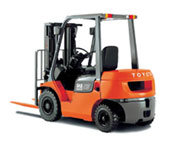
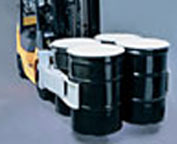
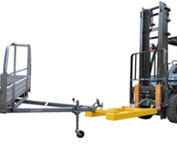
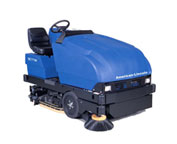
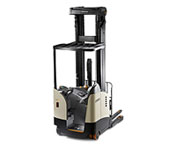
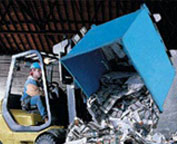
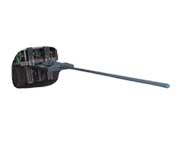
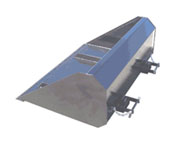
Lift Parts Express
TOLL FREE: 1-888-695-7994
Bridgeport, Connecticut
forkliftpartsbridgeport.com
Email Us
About Us


